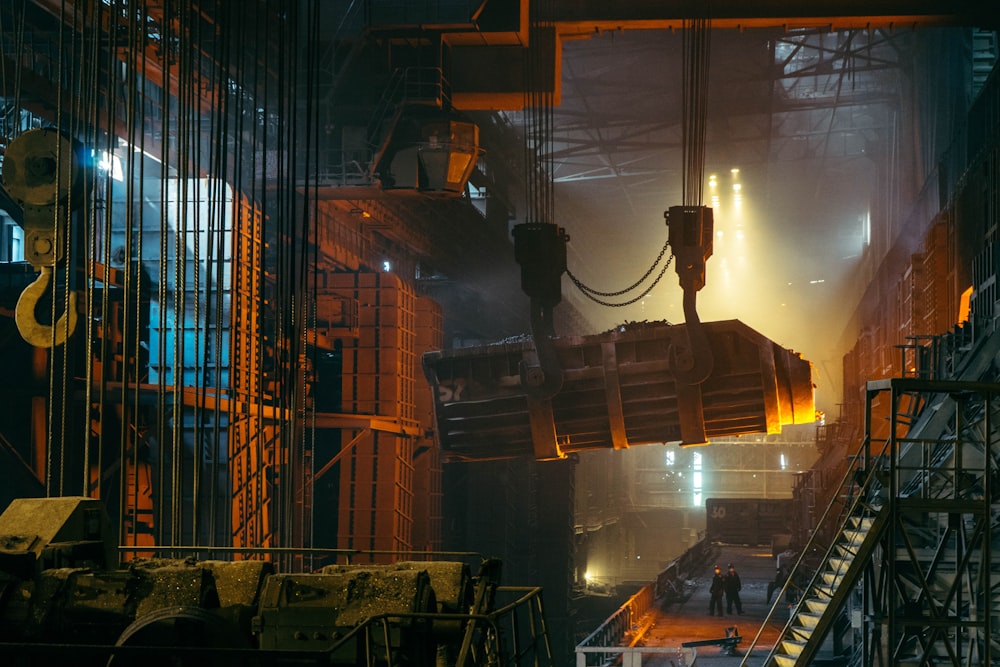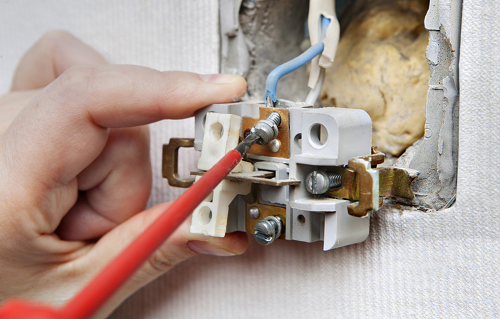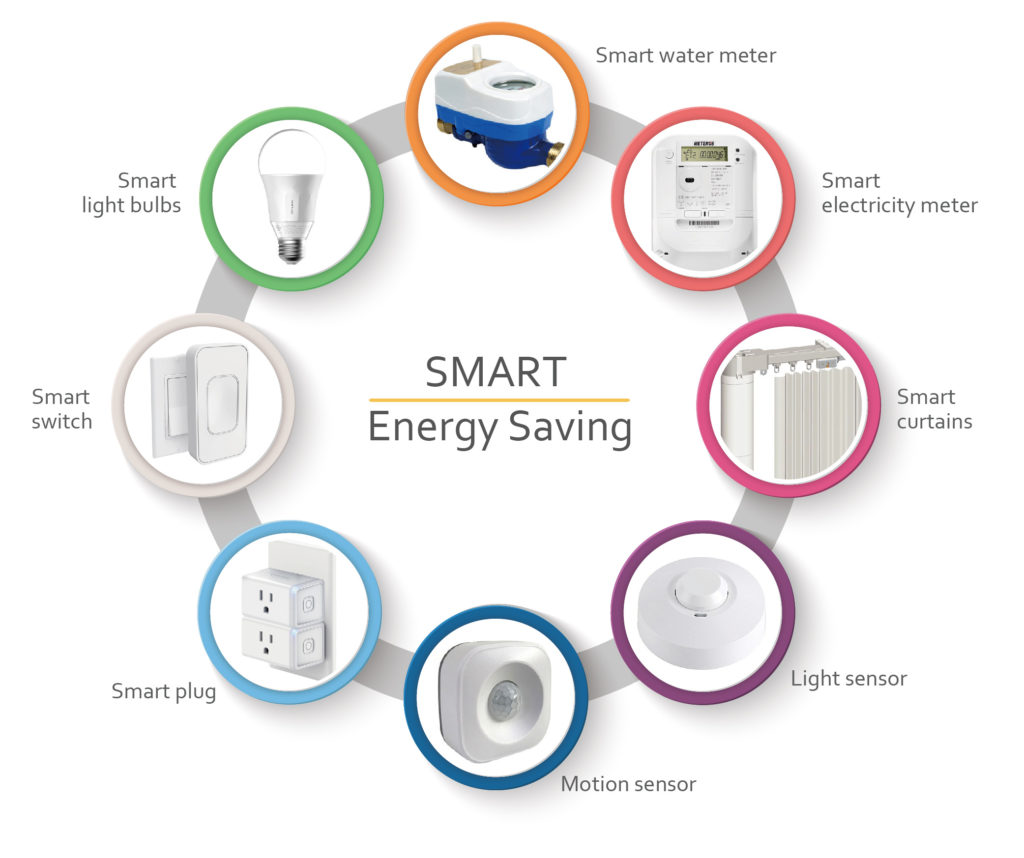
Optimizing Operations Unleashing Industrial Engineering
Optimizing Operations: Unleashing Industrial Engineering
Welcome to the dynamic world where efficiency meets innovation – the realm of industrial engineering. In this exploration, we delve into the multifaceted domain of industrial engineering, a discipline that serves as the architect of operational excellence and the driving force behind transformative processes.
Holistic Operational Optimization: The Essence of Industrial Engineering
Industrial engineering is not just about tweaking processes; it’s about holistic operational optimization. It involves scrutinizing every facet of production, from supply chain management to workflow efficiency. Industrial engineers act as strategic architects, envisioning and implementing changes that elevate operational performance to unprecedented levels.
Lean Principles in Action: Trimming Excess and Boosting Value
At the core of industrial engineering lies the application of lean principles. It’s a philosophy that seeks to eliminate waste, whether it’s in the form of unnecessary inventory, overproduction, or inefficient processes. By trimming excess and maximizing value, industrial engineering transforms operations into streamlined and highly efficient mechanisms.
Human Factors Engineering: Harmonizing Work and Ergonomics
In the pursuit of operational excellence, industrial engineering acknowledges the importance of human factors. Human factors engineering, a sub-discipline within industrial engineering, harmonizes work processes with ergonomic considerations. The goal is to create work environments that optimize both efficiency and the well-being of the workforce.
Supply Chain Optimization: Ensuring Seamless Flow
Industrial engineering extends its reach to the intricacies of supply chain management. From procurement to distribution, industrial engineers analyze and optimize each component of the supply chain. The result is a seamless flow of materials, minimizing bottlenecks, and ensuring that the right components arrive at the right place and time.
Process Simulation: Anticipating and Enhancing Performance
One of the potent tools in the industrial engineering arsenal is process simulation. By creating digital models of manufacturing processes, industrial engineers can anticipate performance, identify potential issues, and optimize processes before implementation. This proactive approach enhances efficiency and mitigates risks.
Automation Integration: Merging Technology with Operations
In the era of Industry 4.0, industrial engineering plays a pivotal role in integrating automation into operations. From robotic process automation to smart manufacturing systems, industrial engineers merge technology seamlessly with traditional processes, unlocking new levels of efficiency, accuracy, and adaptability.
Quality Management Systems: Ensuring Unwavering Excellence
Industrial engineering places a strong emphasis on quality management systems. By implementing robust quality control measures, industrial engineers ensure that products meet the highest standards. This commitment to quality not only enhances customer satisfaction but also contributes to the overall reliability and competitiveness of the organization.
Data Analytics for Informed Decision-Making: Turning Data into Insight
In the age of big data, industrial engineering leverages data analytics for informed decision-making. By turning vast amounts of data into actionable insights, industrial engineers can make informed decisions that drive efficiency, identify improvement opportunities, and propel operations toward continual optimization.
Explore Industrial Engineering at Reltix.net
To delve deeper into the world of industrial engineering, explore Industrial engineering. This platform serves as a hub for insights, case studies, and the latest trends in industrial engineering. As industries unleash







